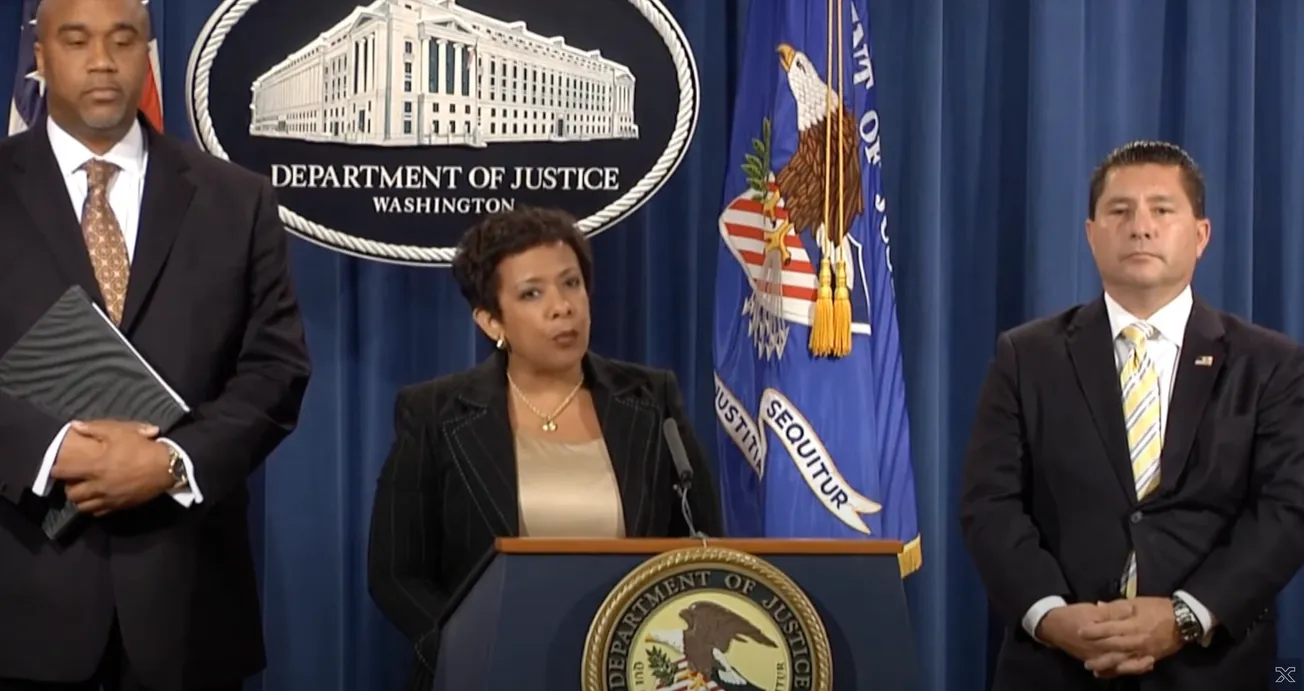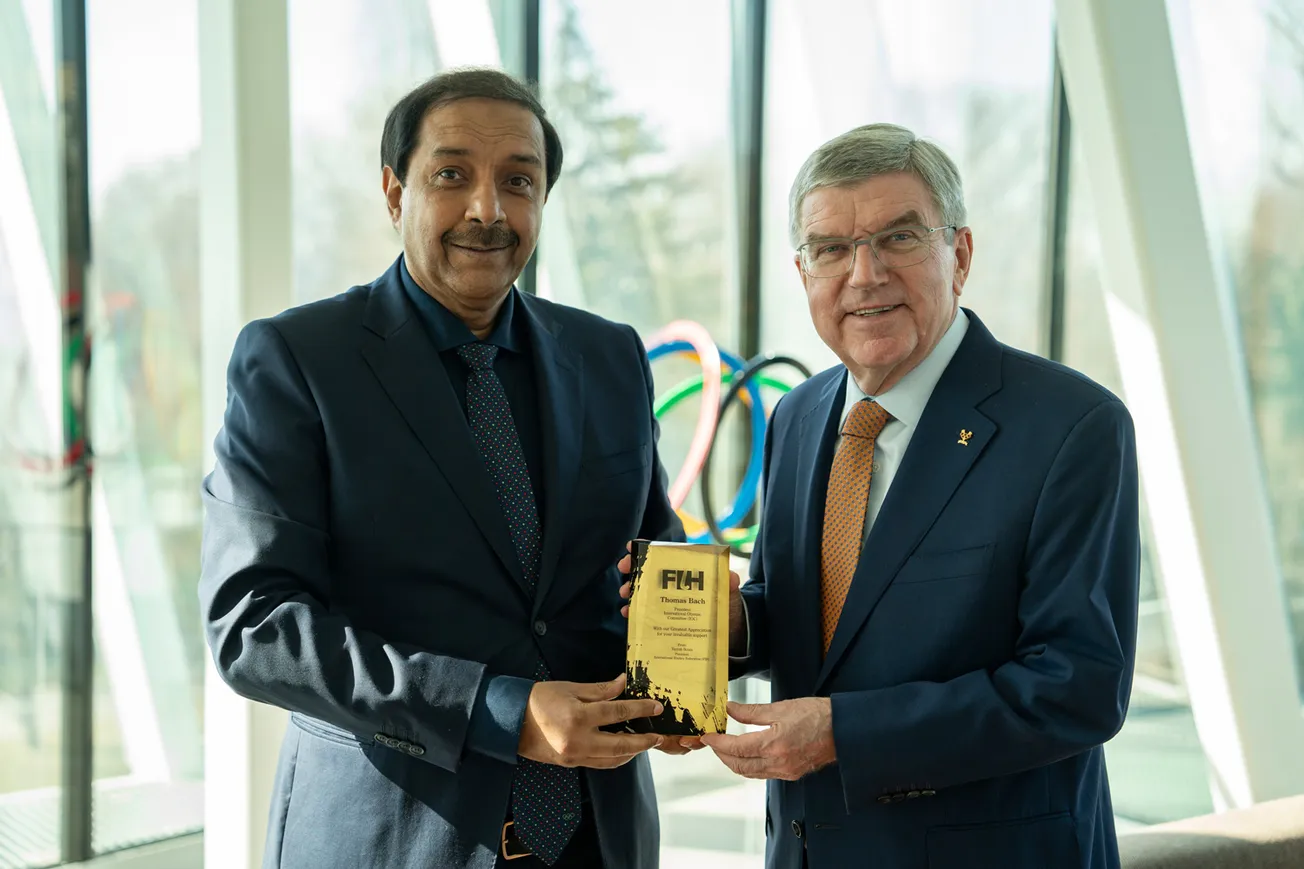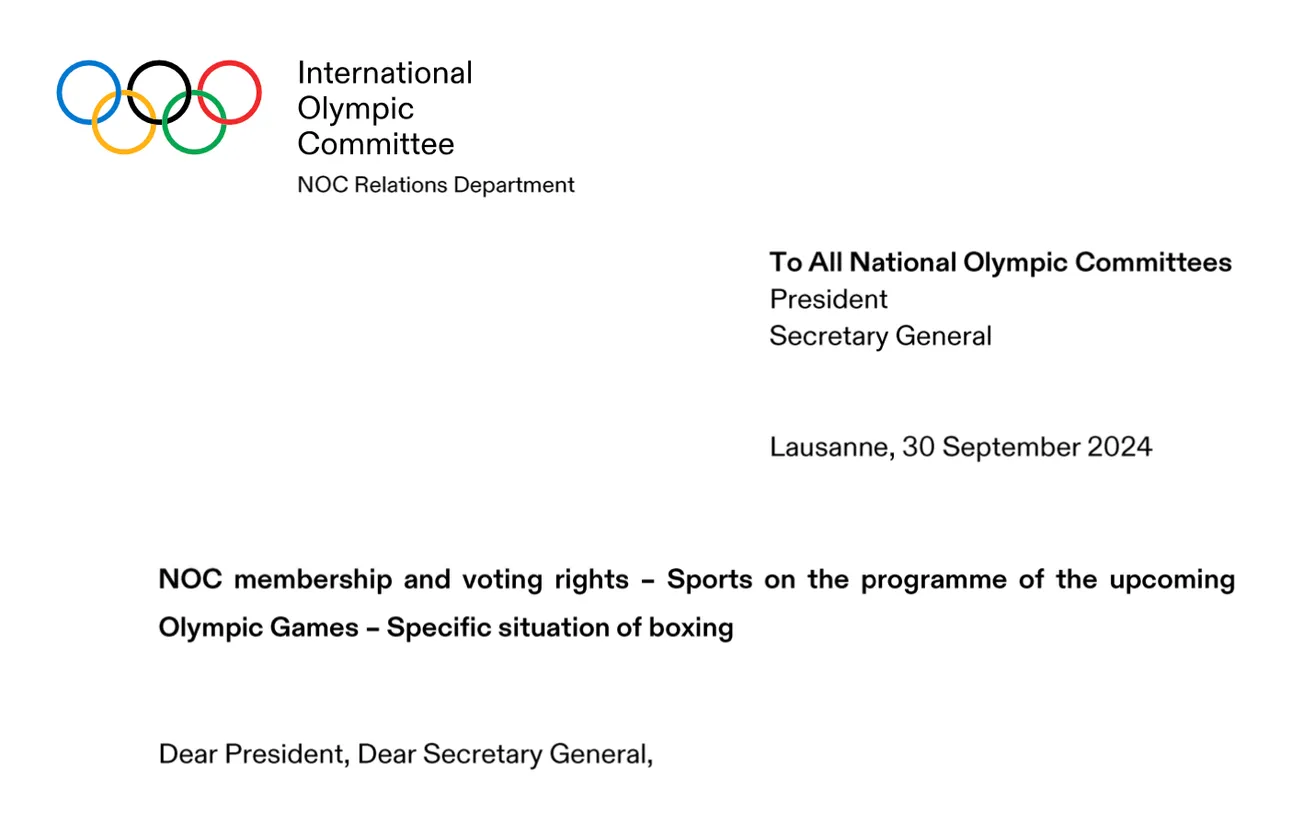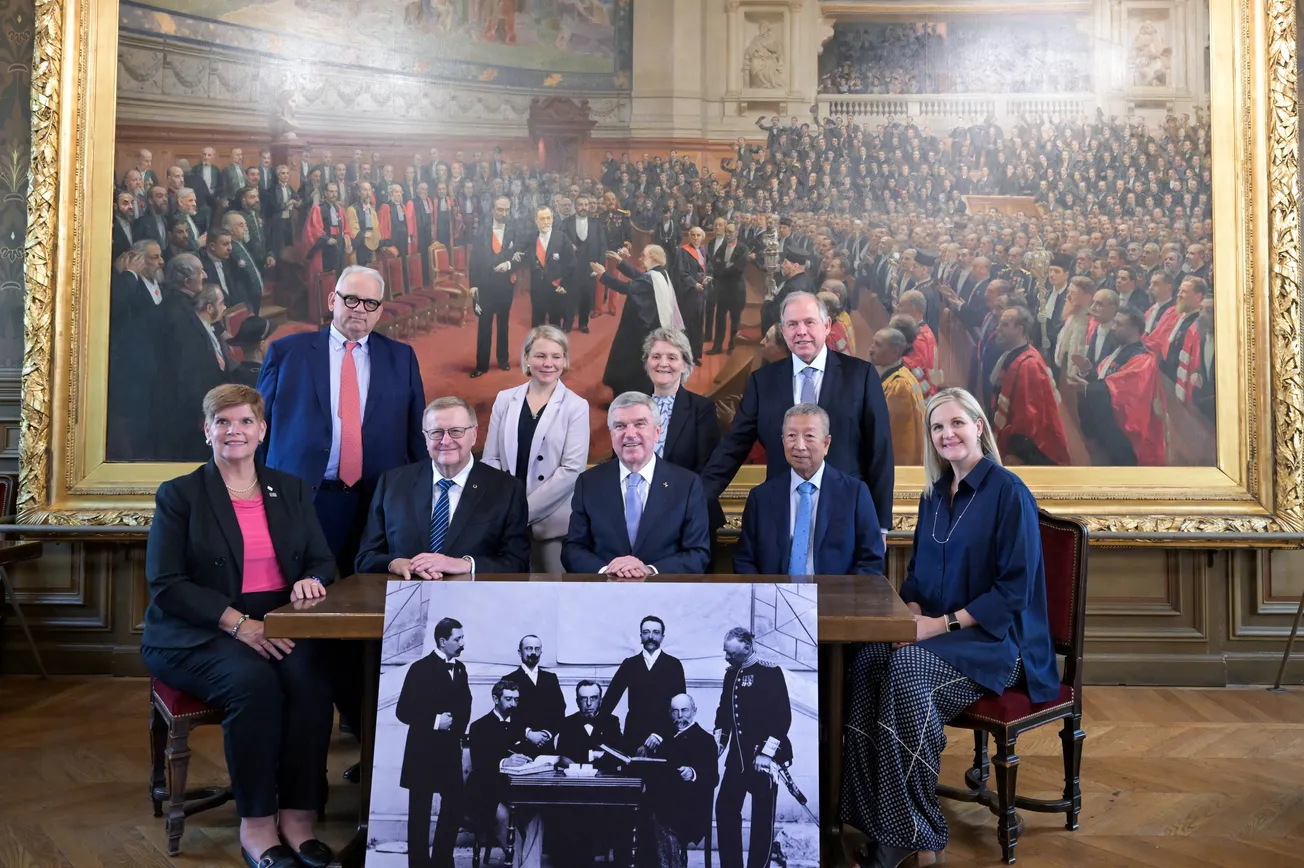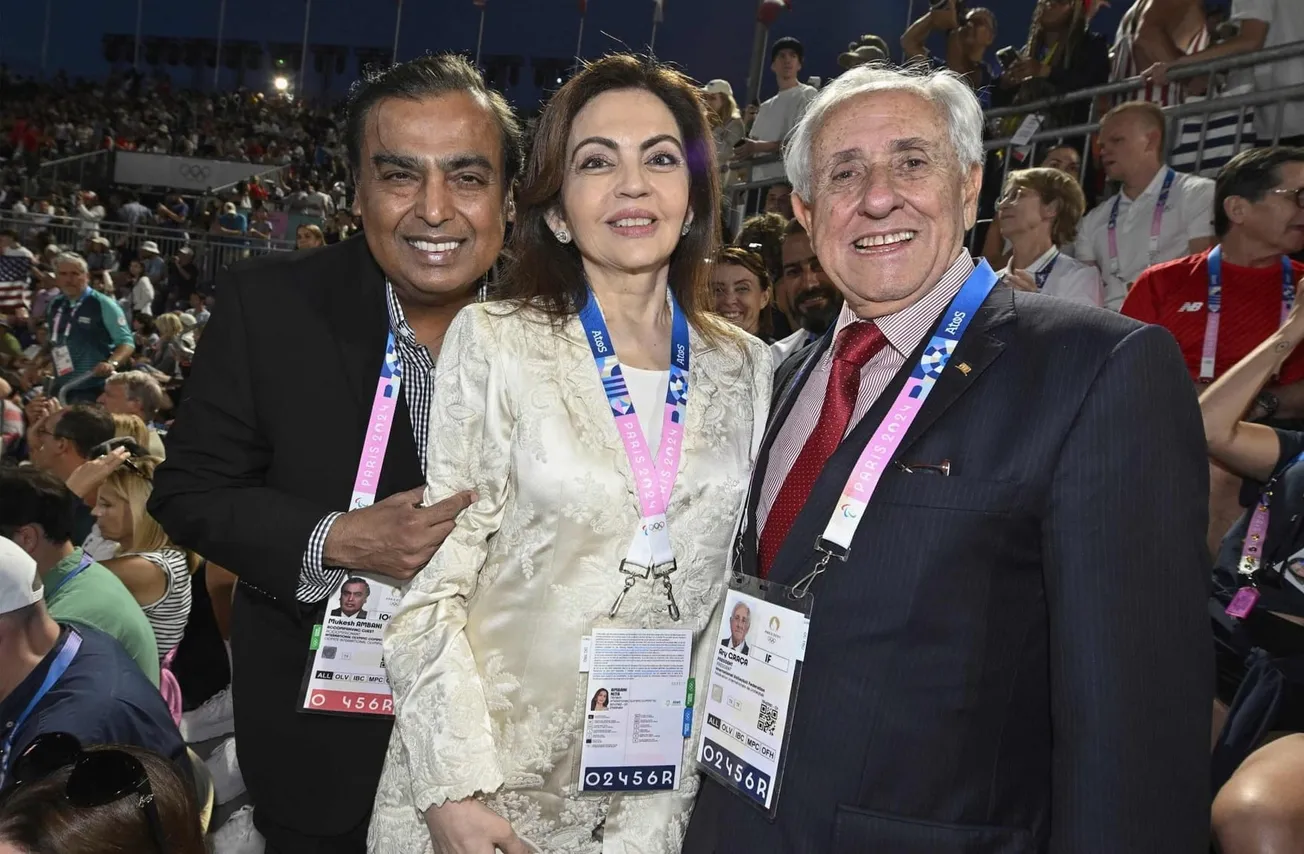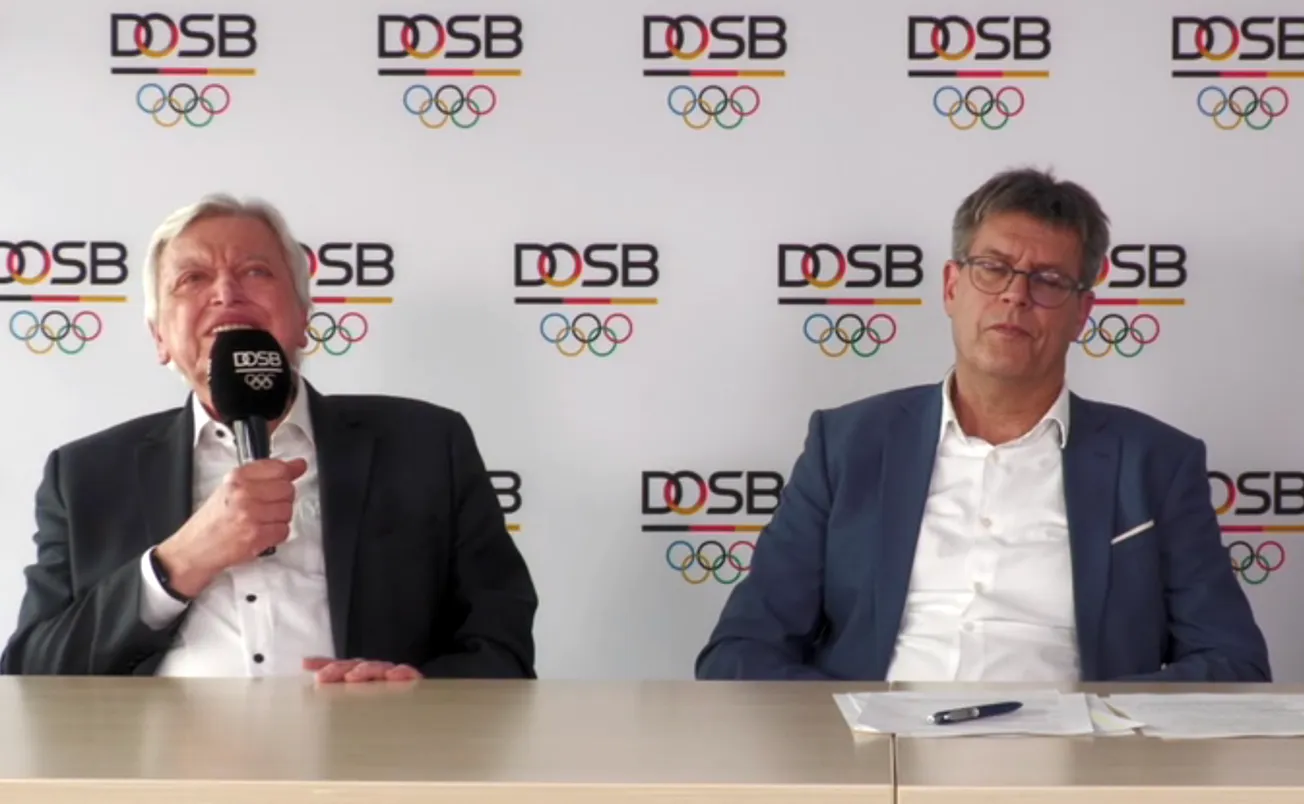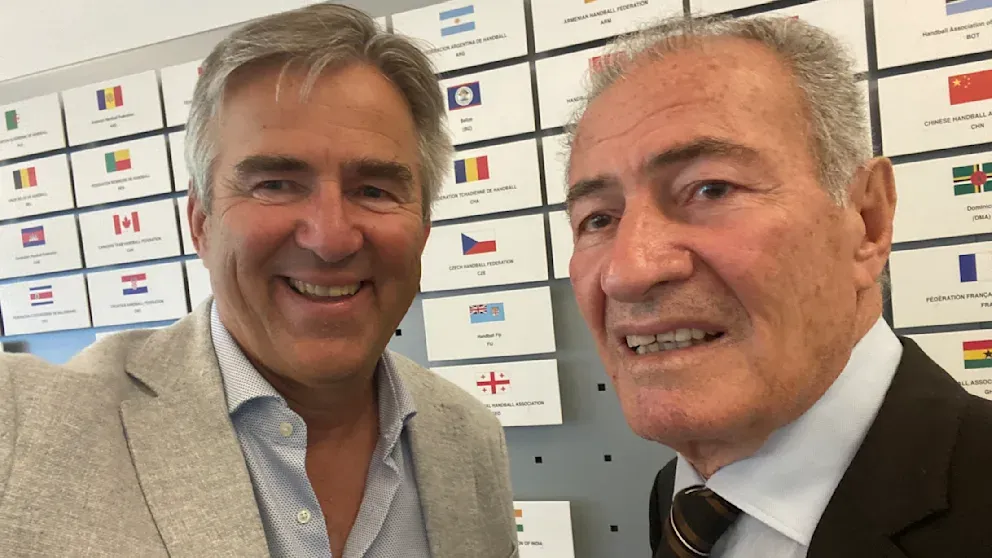When the former president of the International Biathlon Union (IBU) was given the last word at Buskerud District Court in Hokksund near Oslo on Thursday after the prosecution and defence's closing arguments, Anders Besseberg expressed that he feels he has been punished enough.
Besseberg, who was IBU president for more than 25 years, denies having prostitutes at his disposal. However, he admits that he accepted the wristwatches, the hunting trips, and the car – although he did not consider the gifts to be bribes.
The judge's decision on the question of guilt and possible sentencing will be made on 12 April this year.
After six years of police investigation and more than five weeks of legal negotiations in court, Norway's fallen Mr. Biathlon will thus be kept in the dock for another seven weeks before he learns whether the judge chooses to follow the prosecutor's demand for an unconditional prison sentence.
"Even though I accepted expensive gifts and was invited to hunt by many, I want to emphasise that I have never allowed myself to be corrupted," Besseberg claimed, explaining that throughout the six-year-long case, he has felt bullied in his home country.
"After devoting more or less my whole life to this sport and doing what I thought was right, it's bitter to feel like the wild boar in Norway, an unwanted species in our fauna and an animal that can be shot freely all year round," said the passionate hunter, who clearly doesn't like being hunted game.
Blinded by his own power
However, in her proceedings, prosecutor Marianne Djupesland from Økokrim painted a far less innocent picture of Besseberg, whom she accused of persistently mixing his private interests with his role as IBU president.
"The seriousness of the case is not just about the value of the benefits, but about the breach of trust that took place over several years. By accepting and accepting these benefits, he was almost constantly in a state of incapacity," the prosecutor said.
She referred to the corruption charges against Besseberg as a sad chapter in a story that began as a tale of a very capable leader of the IBU, a forward-thinking person who brought the sport of biathlon out of the woods and into the TV cameras:
"But unfortunately, and perhaps blinded by his own power and position, things went wrong. The evidence has shown that he increasingly, especially in the last four years of his tenure, became more and more unrestrained when it came to interfering with his private interests in the presidential role," the prosecutor said.
Dominating, autocratic, and undemocratic
The prosecutor emphasised that based on the trial's many witness testimonies, there is solid evidence to say that Besseberg was perceived as dominant, autocratic, undemocratic, and unable to react to signals from his surroundings.
"He could be angry with people who did things he didn't like. You're either with or against Anders Besseberg. There's like no nuance. He's self-aggrandising with no capacity for self-reflection," said Marianne Djupesland.
"Anders Besseberg is not just a naive and simple farmer from Vestfossen, as one might get the impression."
A corrupt triangle
The prosecutor described the relationship between Besseberg and powerful figures in Russian sport and the marketing company Infront as 'a corrupt triangle'.
In her eyes, the trial of the former IBU president therefore lies at the heart of what the corruption provision in the Norwegian Criminal Code aims to target.


